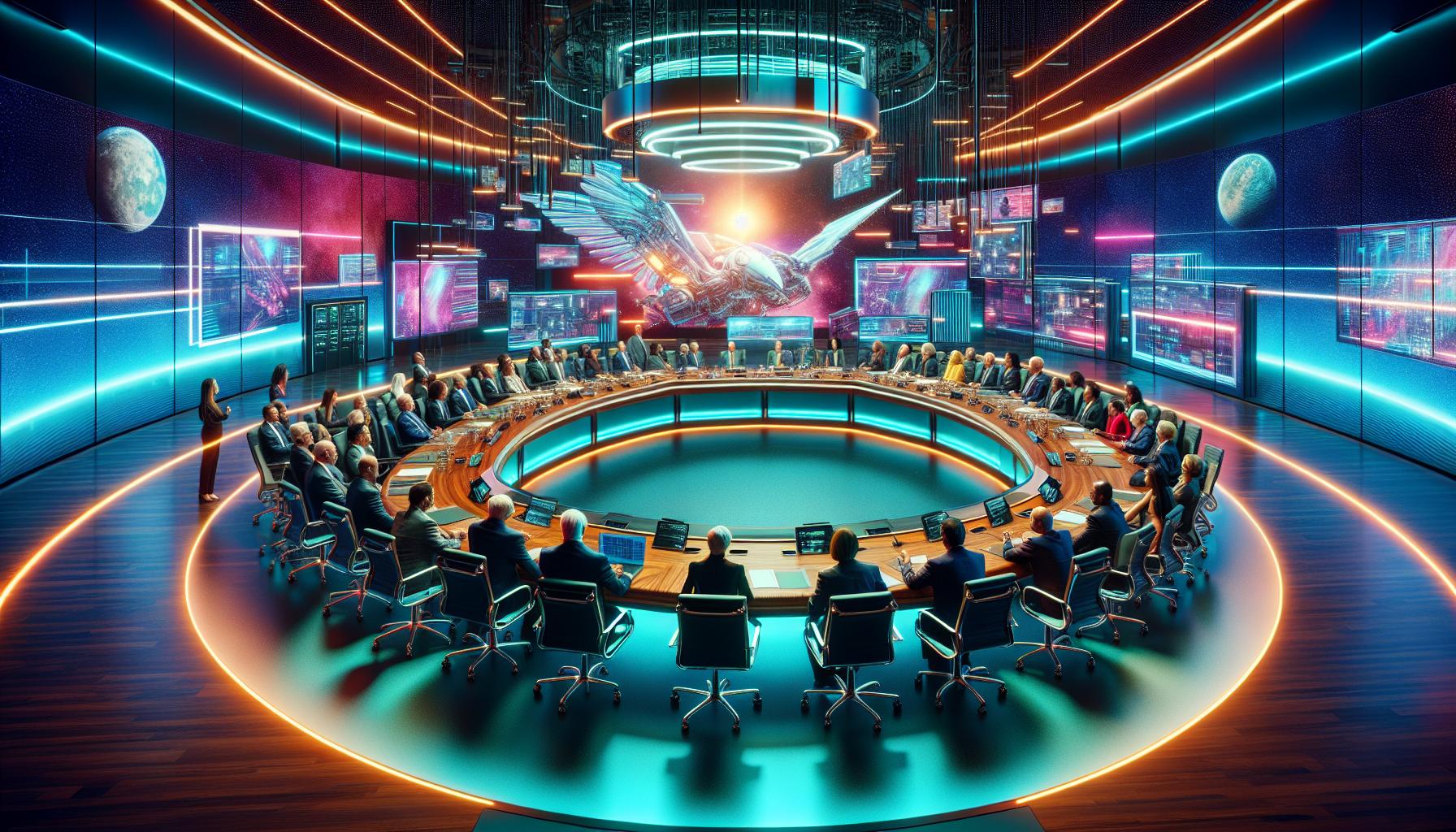The Impact of Technology on the Creative Process
The music industry is currently experiencing a period of profound transformation, driven by advancements in technology. These changes are revolutionizing both the way we listen to music and the way artists create it. At a panel during Calcalist’s Tech TLV conference in collaboration with Bank Leumi and PAPAYA, renowned musician Izhar Ashdot shared insights into the intersection of technology and creativity. He emphasized that technology and creativity have coexisted since the earliest days of human existence, when rhythmic patterns were first discovered. Ashdot believes that technology, particularly artificial intelligence (AI), should be seen not as mere gadgets but as musical instruments that can enhance the creative process.
Izhar Ashdot: Viewing AI as Musical Instruments
As a self-proclaimed gadget freak, Ashdot is enthusiastic about the possibilities that technology brings to music creation. He perceives AI as a tool that can assist musicians in their work by making it easier and opening up new possibilities. However, Ashdot emphasizes that AI is currently in its infancy and that its potential is still evolving. While AI can help creators in their craft, he finds the prospect of AI evolving into artificial general intelligence (AGI) to be even more intriguing for musicians. AGI would possess advanced intelligence and capabilities, making it a more powerful and immersive tool for artists.
Oded Davidov: Using AI Tools for Innovative Collaborations
Music producer Oded Davidov provided practical examples of how AI tools can be employed in music creation. He explained how he used AI to separate lyrics from playback in a song written by Izhar Ashdot and then model the voice of the late Arik Einstein onto it. Through extensive training, the AI was able to differentiate between the various musical instruments and isolate the vocals. Davidov then incorporated vocal nuances from Einstein’s old recordings into a model that learned to mimic his voice. The result was a song with Einstein’s voice, even though the legendary artist had passed away.
The Enduring Human Dimension in Music Creation
While technology brings new possibilities to the music industry, panelist Revital Hollander-Shabtai, a musician and head of the computer science & entrepreneurship program at Reichman University, emphasized the enduring human element that machines cannot replace. She highlighted that behind every work of art lies a human artist and their effort. Technology may change the way things are done, but the essence of true creators and their talent remains irreplaceable. Hollander-Shabtai believes that the younger generation of musicians will harness technology to create new and innovative music, using it as a tool to express their creativity without imitating the past.
Embracing Technology as an Opportunity for Innovation
In conclusion, the panelists at the Tech TLV conference agreed that technology is not a threat but rather an opportunity for innovation in the music industry. Izhar Ashdot expressed his excitement about the younger generation of musicians who are not interested in imitating but rather in innovating. As technology continues to evolve, it will offer artists new tools and possibilities to explore. While it may change the way music is created and consumed, the human touch and the creative spirit will always remain essential elements in the artistic process. Technology, in Ashdot’s view, should be embraced as a means to enhance and expand creativity, rather than as a replacement for human talent.
Analyst comment
Positive news:
The impact of technology on the creative process in the music industry is seen as an opportunity for innovation. The panelists believe that technology, particularly AI, can enhance the creative process and provide new tools and possibilities for artists. While technology may change the way music is created and consumed, the human touch and creative spirit will remain essential elements. The younger generation of musicians is viewed as embracing technology to create new and innovative music without imitating the past. As technology continues to evolve, it is expected to offer even more enhancements and possibilities for artists.













